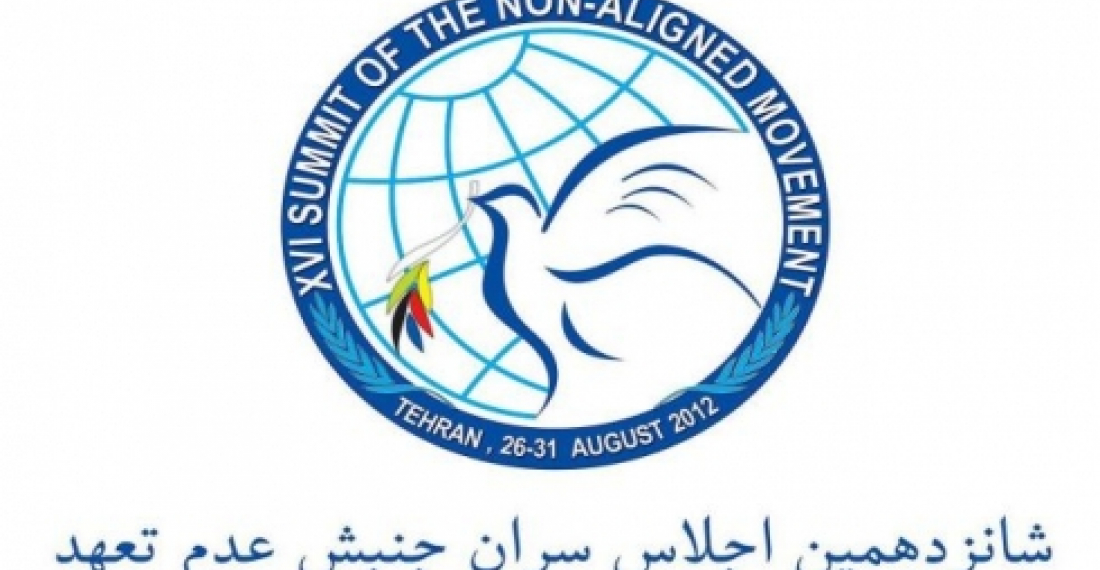The 16th Summit of the Non Aligned Movement is under way in the Iranian Capital Tehran. It is an opportunity for the Iranian leadership to show that despite western pressure it has been able to overcome attempts to isolate it internationally.
According to Ramin Mehmanparast, spokesperson of the Ministry of Foreign Affairs of Iran, of the Non-Aligned Movement's 120 member and 17 observer states, 50 states will participate with high-level delegations, including 27 presidents, two kings and emirs, seven prime ministers, nine vice presidents, two parliamentary speakers and five special envoys.
Both Armenia and Azerbaijan will attend the meeting with high level delegations. Armenia is represented by its president Serzh Sargsyan. Foreign Minister Elmar Mamadyarov is representing Azerbaijan. Fars News Agency of Iran yesterday reported that at yesterday's meeting of Foreign Ministers of the Movement, "Iran's Foreign Minister Ali Akbar Salehi welcomed the Azerbaijan Republic and Fiji as new members of the Non-Aligned Movement."
Commonspace.eu political editor said in a comment that "Armenia and Azerbaijan, apart from being close neighbours of Iran also have a complicated relationship with the Islamic country. However their participation in the Tehran summit is for both countries above all a political and diplomatic necessity, as they seek to secure the attention and support of third world countries for their respective position on the Nagorno-Karabakh conflict. The NAM was one of the few forums up to now where Armenia was a member and Azerbaijan was not but this gap has now been closed. It would be interesting to see if the final declaration of the summit will make any reference to the Karabakh conflict. Most likely, especially as the summit is in Tehran any statement will reflect the ambiguous Iranian position which has always been for the conflict to be solved peacefully and without interference of countries from outside the region."
source: commonspace.eu







